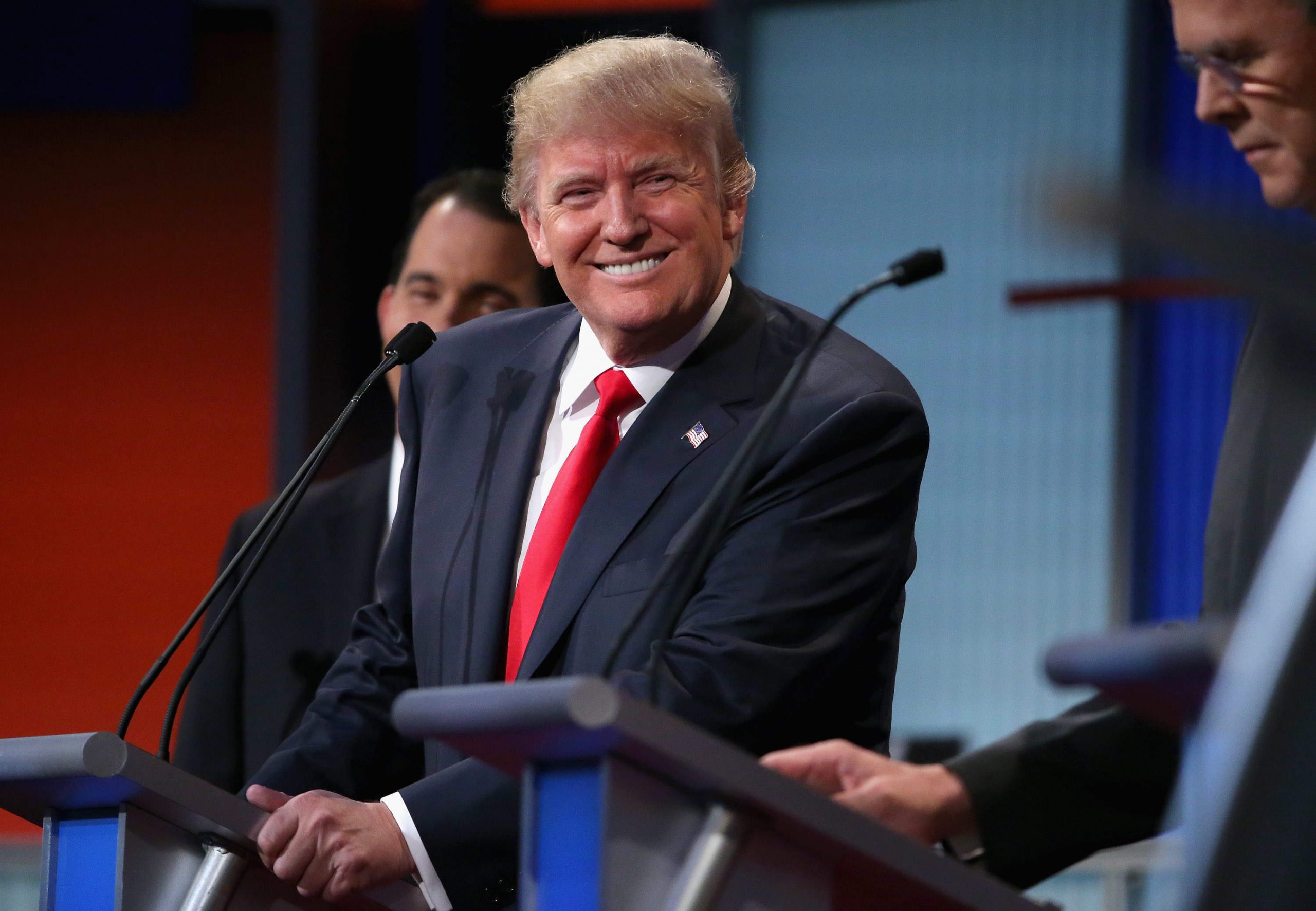
Did you know that the Pope endorsed Donald Trump? Admittedly, there are many reasons you might have missed this particular piece of information, not least the fact it’s not true. How about Fox News anchor Megyn Kelly being sacked for supporting Hillary Clinton? Also false. Yet during the US election fake news spread so widely that even senior politicians regurgitated its main themes: “Go online and put down ‘Hillary Clinton illness’ and take a look at the videos yourself,” the Trump supporter Rudy Giuliani told Fox News in August. He was referring to a long-standing conspiracy theory that she was concealing a diagnosis of Parkinson’s disease.
What drives these online rumour mills? Since the election, a large part of the blame has fallen on Facebook, where the Megyn Kelly rumour trended in August soon after the company sacked its human moderators and replaced them with an algorithm. Simply, fake news exists because it makes money. Between them, Facebook and Google control 64 per cent of the digital advertising market, and it’s possible to make a good living by running a parasitical Facebook page filled with content scraped from other websites. Strongly partisan political content is particularly well suited to this model. As the former Facebook product designer Bobby Goodlatte put it: “Sadly, [Facebook’s]News Feed optimises for engagement. As we’ve learned in this election, bullshit is highly engaging.”
Trump (and, to a lesser extent, Bernie Sanders) has many fans who are convinced that the mainstream media are biased and corrupt. And, responding to these voters’ desire to read “what the MSM won’t tell you” – often because it wasn’t true – came a legion of chancers intent on making a quick buck. In one case uncovered by BuzzFeed, 100 pro-Trump pages were being run by teenagers in one town in Macedonia; in another example in the New York Times, a 35-year-old man from St Louis was making $22,000 a month by outsourcing content production to a couple in the Philippines.
I chased one source of the Pope news to a website called wtoe5news.com, which sells itself as “Your local news now”. The site itself was a hollow shell. Clicking on the “Weather” tab brought up a video headlined “Jay Pharoah Acts Out a Secret Meeting Between Black Comedians”; under “Community” was Ben Affleck looking sad. The whole site seemed to exist only to surround the Pope story with plausible architecture. Although let’s be realistic: among the 99,000 people who shared it on Facebook, how many clicked through to WTOE5, as opposed to just reading the headline and hitting “Share”? Tucked away on the About page was a disclaimer: “Most articles on wtoe5news.com are satire or pure fantasy.”
Facebook is trying to remove hoax and “satire” sites such as this one; recent changes to its news feed have downgraded them in favour of more established outlets. A more difficult case is something like the American Patriot page, which has more than 500,000 followers and has a grey verified tick, certifying that Facebook has “confirmed this is an authentic page for this business or organisation”. The Patriot’s stories skirt the edge of total bollocks, rather than being flat-out lies. “Christmas lights now banned as ‘security’ threat”, says one. “Everyone Noticed One Thing About Hillary’s Clothes During Her Concession Speech”, says another.
Facebook would argue that its verification mark is no reflection on the quality of stories, just that they are coming from the organisation named on the page. But it’s hard to see American Patriot as a news organisation in the way that the BBC is. Still, is it Facebook’s place to make editorial judgements like that? Mark Zuckerberg says no; he has always maintained that he runs a platform, not a publisher.
And there’s another problem. The sites peddling bullshit on Facebook are disproportionately right-wing. They are a extension of the alternative media – Fox News, talk radio, Breitbart – built by conservatives over two decades to redress what they saw as the liberal bias of the mainstream. If Facebook goes after fake news in a big way, it will disproportionately affect right-wing pages. And if you put that together with a site that is petrified about appearing biased (and has a prominent Trump supporter, Peter Thiel, on its board), what happens? A retreat into “objectivity” that actually benefits the right.
Some will say: why all this focus on Facebook when the mainstream media also publish misleading articles? The first reason is the site’s sheer size (1.7 billion users) and reach (44 per cent of us get our news there). Admittedly, the rest of the media are also irritated that Facebook is taking digital advertising dollars that might have replaced their own falling print revenues. They wouldn’t mind it being taken down a peg or two.
On Facebook, there is also far less visibility and accountability. When the Sun and the Mail published a false tale about Jeremy Corbyn “dancing a jig” on Remembrance Sunday, they were forced to remove the stories after an outcry. Crucially, enough people saw the fake news, and knew whom to complain to, for it to be taken down. That process is much harder on the sprawling, decentralised world of social networks.
Facebook is also where politics happens now. It is vital for fundraising – the Trump campaign said it was their single most important source of donations – and its built-in tools for advertisers allow endless A/B testing of messages to find the perfect one that resonates with voters. For those who wondered where Trump’s “ground game” was – his Get Out the Vote operation – there’s a simple answer: Facebook.
As for the Pope, two days before the election, he warned about fear, intolerance and “physical or social walls”. So probably not a huge Trump supporter, then.
This article appears in the 16 Nov 2016 issue of the New Statesman, Trump world



